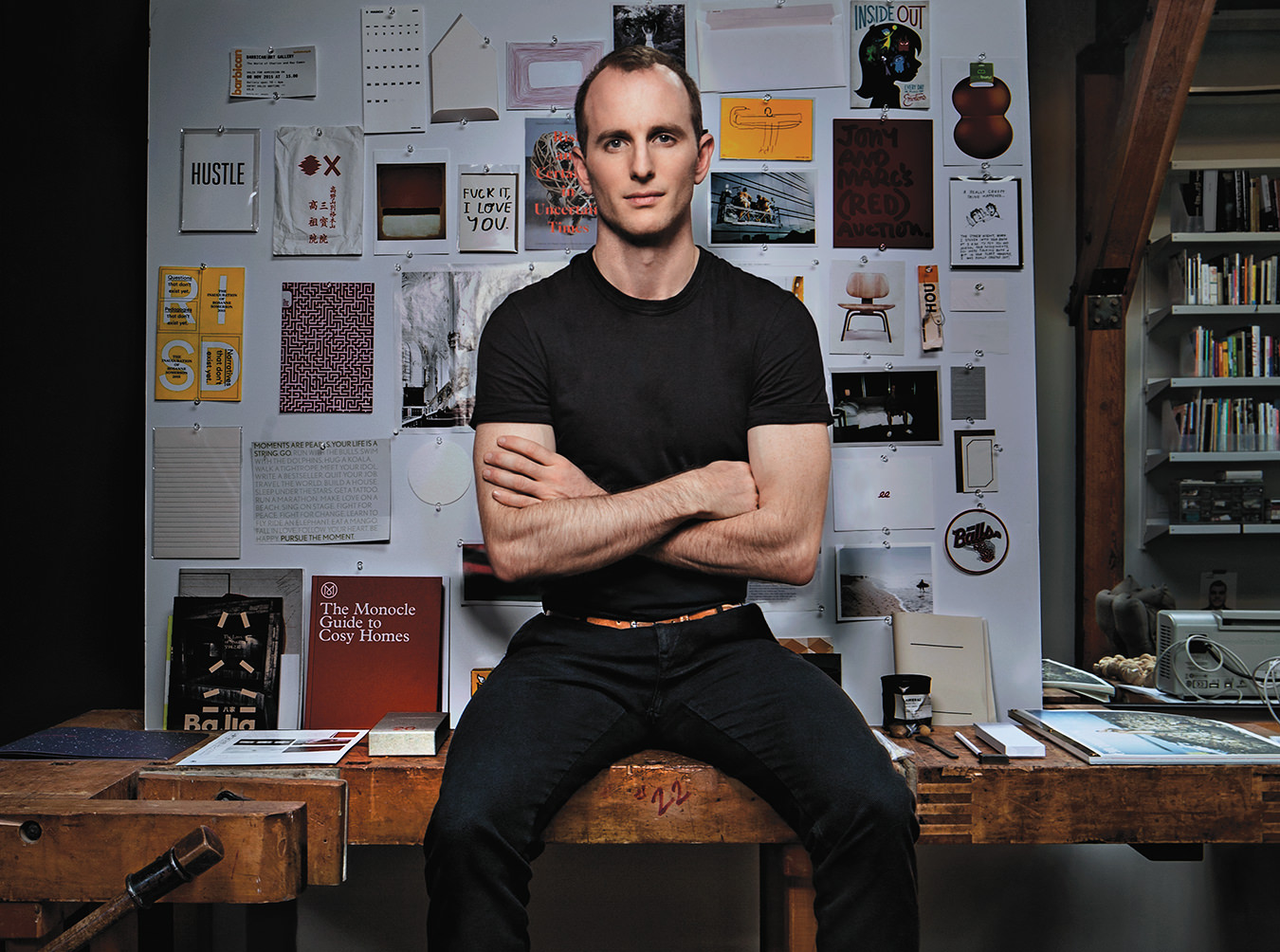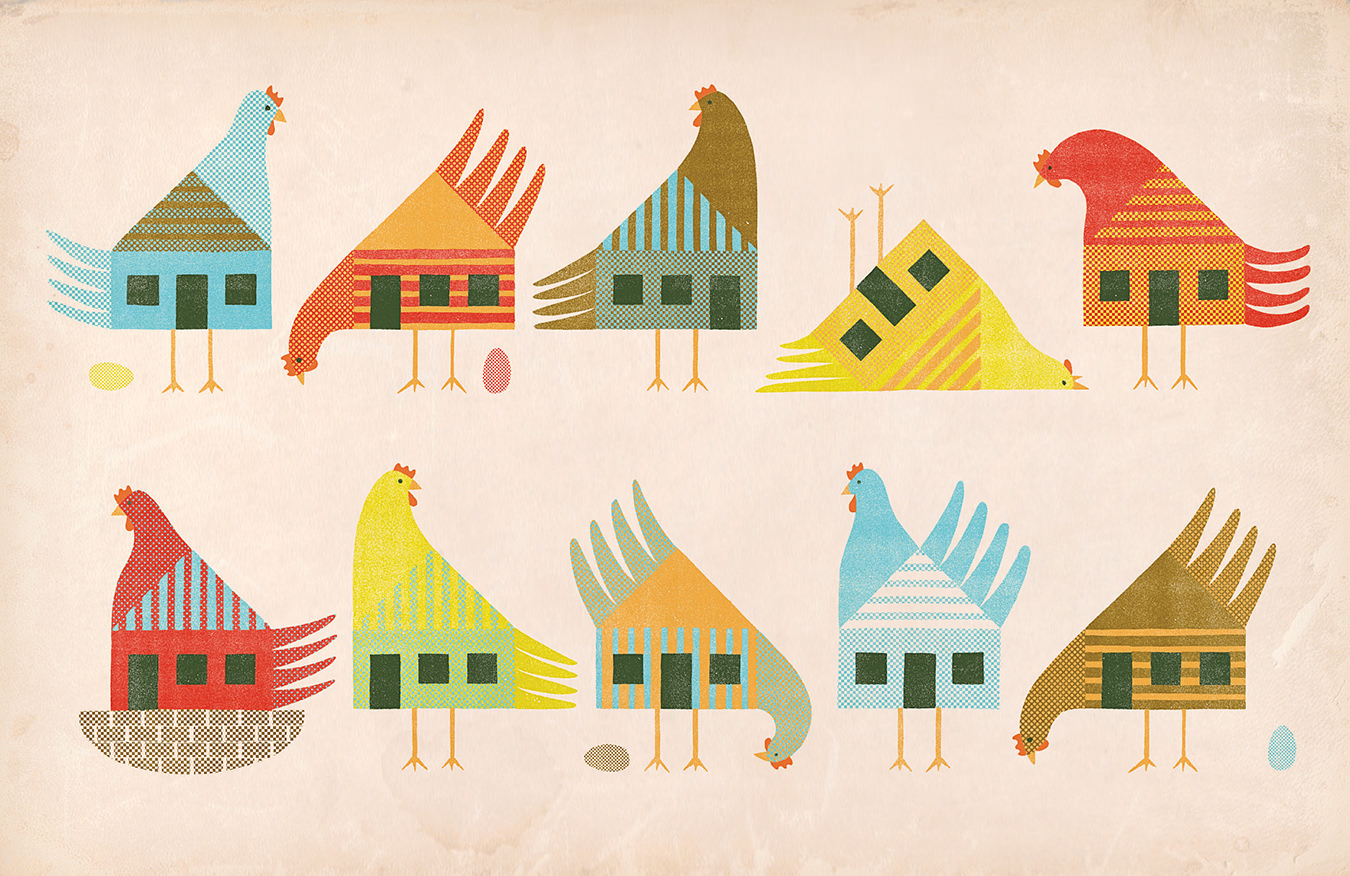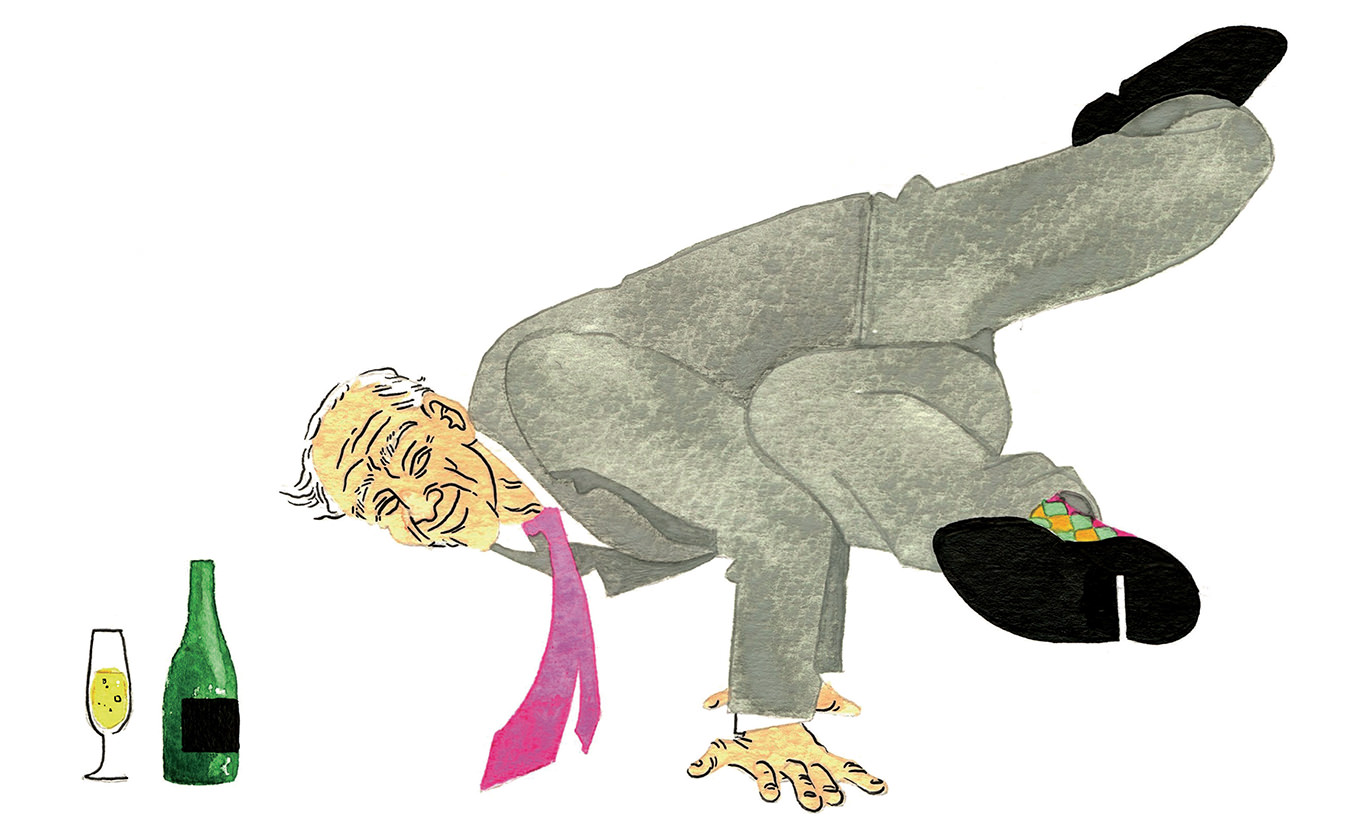Joe Gebbia of Airbnb
Turning tourism into travel.

Joe Gebbia is in the connections business. And if he were a telecom CEO, or the founder of an online dating service, or that guy you call when your PVR isn’t on speaking terms with your HDTV, you’d nod your head politely and carry on with the conversation.
But Gebbia is none of these. He’s the co-founder of Airbnb, a $25-billion Silicon Valley startup that has hurled a brick through the window of the world’s hospitality industry. So when Gebbia talks about connections, you tilt your head, scrunch up your brow just a bit, and ask him to explain a little more.
“We didn’t invent anything new,” Gebbia admits. There’s an easygoing candour to the dialogue, an openness that suggests he’s more interested in exchanging ideas than reciting a corporate mission statement. “Hospitality has been around forever. There’ve been other websites like ours. So why did ours eventually take off?” On a recent visit to Vancouver to speak at a TED Talk, Gebbia sips his tea and mulls the question over. “It’s more than just travel. It’s more than just feeling like a local. There’s this other element to it that we’re just starting to scratch the surface of.”
Whatever it is, it seems to be working. Since its humble beginnings in a San Francisco loft where Gebbia and his roommate Brian Chesky rented air mattresses to paying guests, Airbnb has become an online behemoth, boasting a user base of some 60 million, including 640,000 hosts in some 57,000 cities around the world. No, it’s not profitable yet, but it projects its revenue will be north of $10-billion in another four years or so.
Culturally, Airbnb may be bigger than that. Even if you know nothing about the company, you’ve likely heard its name in the news, seen it in your social-media feed, and talked about it in conversations with friends and family. Even if you haven’t booked an Airbnb yourself, you’ve likely considered it. Even if you’ve never seen an Airbnb rental, it’s likely you can punch in your address on the website right now and find a room or two for rent right around the corner. It’s fair to say Airbnb has become what macramé was to the 1970s, what Cabbage Patch Kids were to the 1980s, what reality TV was in the 1990s (and beyond): a cultural phenomenon everyone has an opinion about, yet no one truly understands.
So, why here and now? What is it about Airbnb that makes it a cultural “thing” rather than just another e-business success story? Gebbia believes luck and timing have a lot to do with it, but that there’s something else too—a social shift Airbnb has tapped into.
“It’s more than just travel. It’s more than just feeling like a local. There’s this other element to it that we’re just starting to scratch the surface of.”
“Something happened in the 20th century,” he explains. “[We] moved from a high concentration of people being close to each other, to suddenly we’re spread out. We’ve got yards between us and fences, and separation and privacy.” To Gebbia, what Airbnb is actually selling is a kind of antidote to this sense of alienation. “If you talk to our hosts who have been around a while, ask them why you’re still hosting, they’re not going to say it’s about the income,” Gebbia points out. “They’re going to say it’s about the people they get to meet and the connections they form.”
Well yes, but it’s still about the income—the number of luxury listings on the site attests to that. But Gebbia has a point. Sure, there are plenty of Airbnbs of the “here’s the door code” or “find the key under the doormat” variety. But the most successful Airbnb rentals have a relaxed familiarity to them. For most listings, it’s not about enjoying the finer things. It’s about turning tourism into travel, a vacation into an experience, a getaway into an adventure. Whether you’re a guest or a host, it is, in some way, about inviting yourself into someone else’s life and taking down that fence Gebbia talks about, despite Mom and Dad’s admonition never to talk to strangers.
“I think sometimes today that travel’s like fast food,” Gebbia says. “It’s consistent and efficient, at the cost of local and authentic.” That’s where the idea of connections comes in again. “I think people still want to connect with each other. I think people want an old-fashioned conversation that doesn’t involve a screen in their face.”
Point taken. Yet there are times when distance is a good thing—when separation and privacy are exactly your destination. Or to use Gebbia’s metaphor: you don’t want the Big Mac and fries of chain hotels, but you don’t want the home-cooked stew of an Airbnb either. What you’re looking for is more of a five-course meal at a clean, quiet French bistro.
Instead of a conversation with a well-meaning host, what you really want is the pleasure of silence. The freedom of anonymity. The ecstasy of both a room and room of one’s own. And as much as Airbnb has to offer, there is still a place for formality and distance in this, the most casual of ages. For this is part of what makes the idea of home so sweet: the ability to shut the door, close the blinds, and leave the “connecting” for tomorrow. Or maybe the next time you have some time off.
Photo by Matthew Placek.




